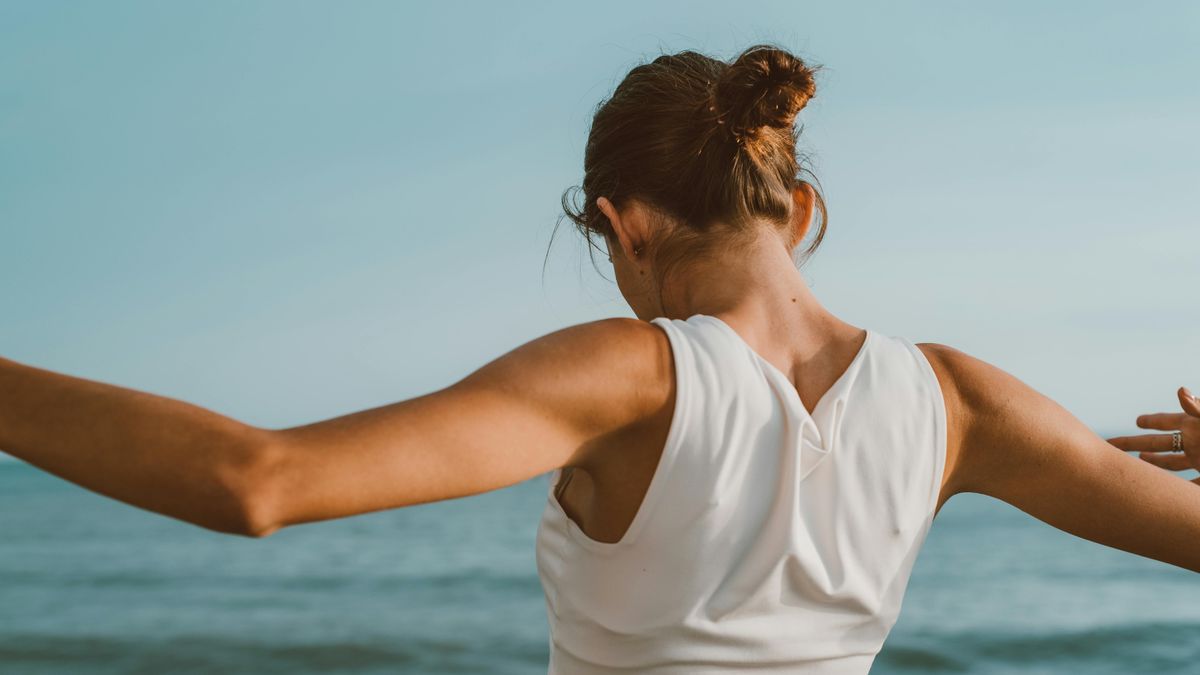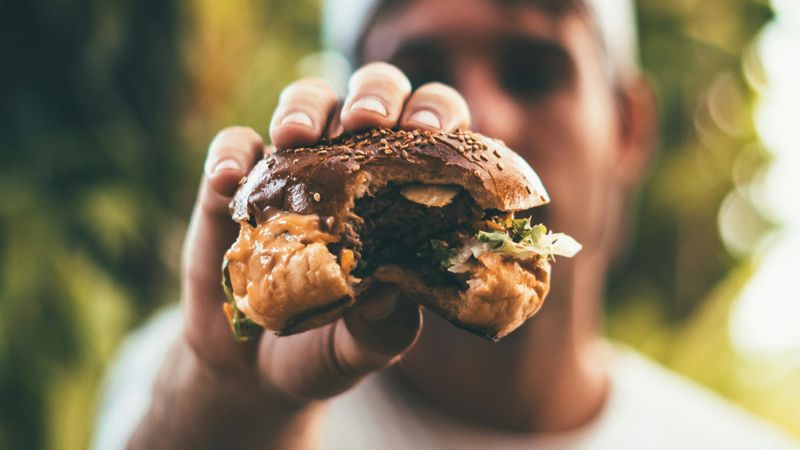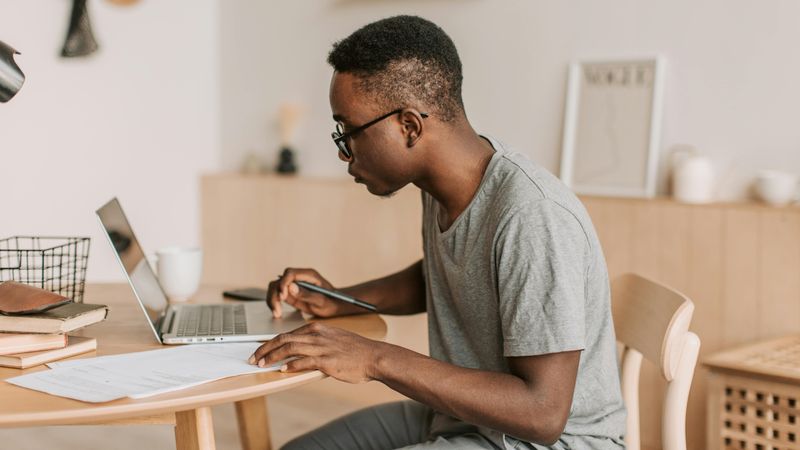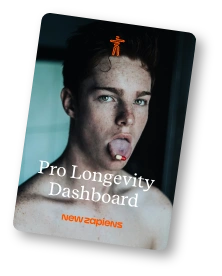Micro Rituals: How Mindfulness Turns Everyday Moments Into Lasting Balance

Summary
Mindfulness doesn’t require retreats or empty schedules. It starts in small, repeatable actions — micro rituals — that anchor awareness in daily life. After a transformative surfing experience exposed hidden physical limits, Florian Herschke discovered that consistency in mindful moments could reshape stress, focus, and wellbeing. Yoga, meditation, and breathing exercises evolved from curiosity into habit, creating lasting changes in energy, mood, and health. Through mindful mornings, digital-free evenings, and conscious breaks during the day, he shows how short, structured routines can realign body and mind. Supported by scientific findings from Harvard Health and modern mindfulness research, his story demonstrates that small, intentional rituals can generate measurable benefits for mental resilience, hormonal stability, and everyday balance.
Micro Rituals: How Mindfulness Turns Everyday Moments Into Lasting Balance
“You can’t stop the waves, but you can learn to surf” - how surfing introduced me to mindful rituals that proved to have a lasting impact on my everyday life.
There are many excuses for not integrating mindfulness into our lives – let alone taking it seriously: “I don't have time for that!”, “I just don't need it!”, “This stressful phase will be over soon!”.
I know all of these excuses. I've heard myself say it.
Then, a wave crashed down, and – I was soaking wet. Nothing worked like before. Because, as always in my life, I thought back then on my surfboard on Fuerteventura: “It's gonna work out – as always.”
But my previous training, which had always worked out well back home, didn't help me here. The progression and unpredictability of the waves challenged me. Everything I had learned till then did not grasp at this moment. What I didn't realize, but my surf instructor luckily did: my shortened ligaments. With those, things simply couldn't work out here – between the waves.
My shortened ligaments. They've always been there. Unnoticed. Only a change of environment, connected with new requirements, made them visible. As so often in life: We carry on. We function. We function until it's just no longer bearable. Then we have to change something – sooner or later. Sometimes these little changes – changes that we haven't expected, let alone taken seriously – change everything. Like a private, very own Butterfly Effect.
That's how it was for me and surfing. More precisely, what followed next: Yoga. A recommendation from my surf instructor. Soon I began to realize that yoga – yes, yoga, which I had always tried to avoid – was actually helping me. And not only in regard to the waves.
My first yoga session quickly became a personal routine. My practice of asanas was accompanied by meditation and finally a change in diet. I became more aware of my own needs and lifestyle as a whole. I started to become more balanced, athletic and I lost weight, without even trying. I just felt healthier than ever.
I realized that mindfulness can manifest in various types. And in my case, they were micro rituals that changed my life and wellbeing for the better – sustainably.
Everyday Mindful Micro Rituals
- Mindful Morning: I know from my own experiences, how tricky a mindful start to your day is: We wake up, we check our phones and we start our day before we are even awake. But, the first glimpse of the day has an enormous impact on the rest of our day – as we often tend to forget. This moment is the perfect opportunity to become our first mindful ritual.
- Practical Advice: Starting the day with a good stretch is a mindful way to wake us up and is even recommended by Harvard Health, as it helps to activate our circulation: Start your stretch with bending your knees and then moving your feet, while lifting your legs. Then, sitting upright, you concentrate on your upper body and turn your neck rotationally to both sides. Following that, you pull your shoulders upwards and let them fall backwards. Finally, you focus on your wrists, bending them to consequently make palms.
- Mindful Bedtime: Similar to our morning – the moment right before going to bed is also very important regarding our mindfulness and health. We often use the evening time to check the latest news, which we then keep on our mind and sometimes they even worry us until late into the night. Therefore, we disrupt the time that should calm us down and initiate resting. We shouldn't underestimate the importance of peaceful sleep. Harvard Health states the corresponding importance regarding our cognitive capabilities, our immune system and health in general – physically and mentally. Sleep duration and -quality, as well as the consideration of the circadian rhythms, are crucial factors.
- Practical Advice: The evenings are just as important as the mornings regarding our screen time. Harvard Health recommends spending our time offline at latest half an hour before bedtime. Also, a consistent daily routine and physical activity should be taken into consideration.
- Mindful Daytime: A short yoga session – in my case a few Surya Namaskar (Sun Salutations) – a few minutes of meditation or some breathing exercises. No matter what and how long – micro breaks, which enable us time to solely focus on us and move our body, have the ability to help us throughout the day and affect how we handle various situations.
The positive impact of yoga, meditation and breathwork is nothing new. But, the effects of these mindful exercises after only a short period of time or practice duration empathize the possible advantages regarding micro rituals. Research has shown that only twelve sessions of hatha yoga can significantly improve our mental load, such as depression or anxiety. Similarly, researchers discovered that five days of meditation already affect us mentally by improving our mental health and our ability to concentrate. In the context of a study concerning everyday five minute respiration practices, breathwork exercises enabled even greater improvements with respect to physiological arousal and mood when compared to meditation.- Practical Advice: In this study, the breathing exercise cyclic sighing showcased the greatest effectiveness. The corresponding protocols are suitable describing the repetitive process of this technique: Firstly, you inhale twice – through your nose. The first breath could be steady, while the second one could be more briefly. Reaching the point of an extensively expanded lung, you start to exhale – preferably through your mouth.
Personally, regarding meditation, it helps me to read the book „The Art of Simple Living" by Shunmyō Masuno. I then take these thoughts into my own meditation.
- Practical Advice: In this study, the breathing exercise cyclic sighing showcased the greatest effectiveness. The corresponding protocols are suitable describing the repetitive process of this technique: Firstly, you inhale twice – through your nose. The first breath could be steady, while the second one could be more briefly. Reaching the point of an extensively expanded lung, you start to exhale – preferably through your mouth.
These recurring micro rituals during the week not only serve to make mindfulness more accessible and tangible but are also part of my personal routine – that I've been living for over five years now.
During these years, some aspects have been developed more or less, as the intuitive integration into our personal daily lives represents one of the main advantages of micro rituals. For some, it's the twenty minutes of meditation in the morning at home that matter most, others prefer going to the studio for a sixty minute yoga session, and yet others opt for a short ten minute break doing breathing exercises in the office.
These micro breaks at work have the capability to counteract our fatigue and enhance our performance, as presented by Patricia Albulescu and her colleagues: The longer the duration of the break, the better – ideally longer than ten minutes.
Thus, it is not only long retreats that are capable of enabling a mindful lifestyle. We shouldn't postpone mindfulness and well-being until we allegedly have more time for it, the stressful phase comes to an end or we're running out of excuses – otherwise we run the risk of getting soaking wet.
Key Takeaways
- Mindfulness thrives in micro rituals, not just long retreats — small, consistent actions build lasting change.
- Morning awareness matters: a short stretch before checking your phone improves circulation and mood.
- Digital-free evenings promote better sleep quality, cognitive function, and recovery.
- Short daytime breaks with yoga, meditation, or breathwork improve focus and stress tolerance.
- Scientific studies confirm that even brief yoga or breathing sessions reduce anxiety, enhance mental clarity, and stabilize mood.
- Breathwork technique “cyclic sighing” (two inhales, one extended exhale) shows the strongest calming effect.
- Mindfulness adapts to context: ten minutes in the office or twenty minutes at home can both anchor awareness.
- Micro rituals prevent burnout by creating conscious pauses in a fast-paced environment.
- Florian Herschke’s experience with surfing and yoga shows how small changes can create a ripple effect on life quality.
- Mindfulness is not about time — it’s about attention.
References
Author: Florian Herschke
Florian Herschke is co-founder of ZENSPOTTING, inspiring people to live happier, healthier lives through mindful experiences. After a transformative ocean moment, he embraced yoga and meditation — discovering how mindfulness fuels balance and clarity. His mission: make well-being giftable through curated experiences that connect people with themselves and others.




